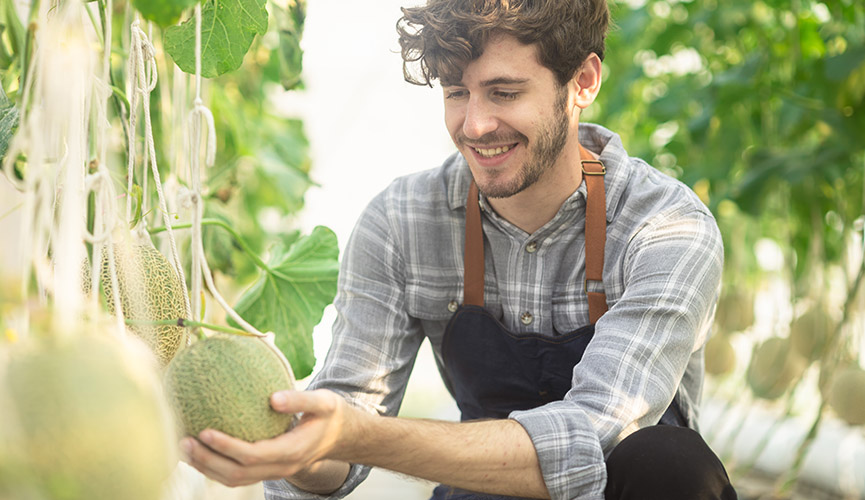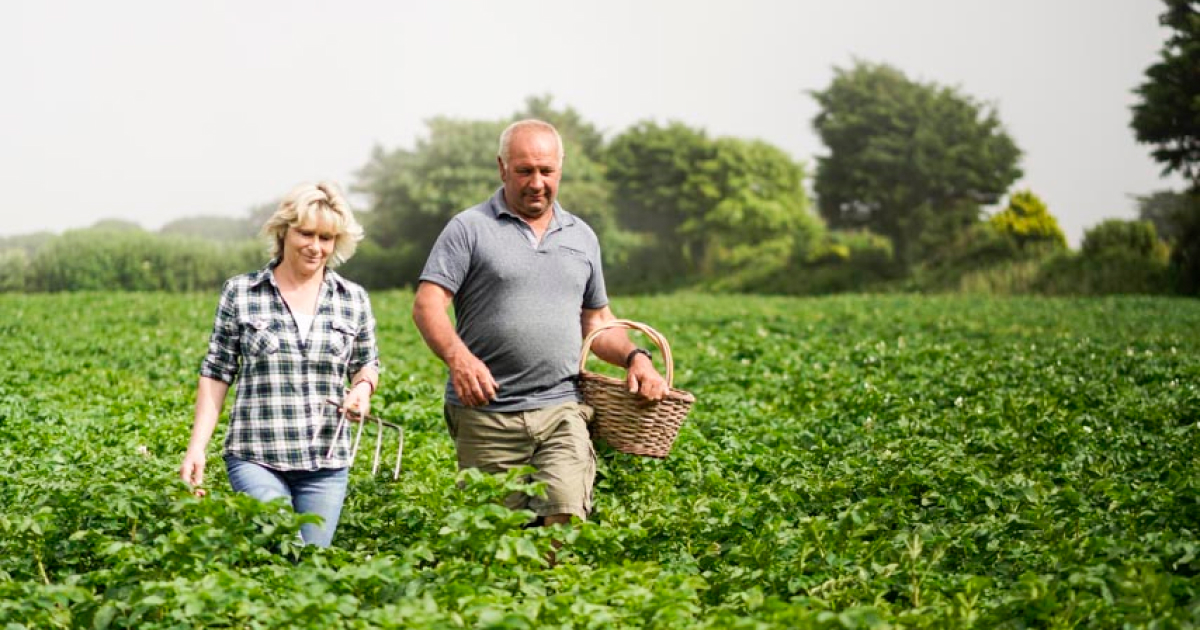Partners Pillar
Our sustainability framework: Partners and suppliers
As a retailer we absolutely rely on our partners in the supply chain to provide us with the high-quality goods and produce our customers deserve. It’s not just transactional for us, it’s relational.
It’s how we work.
Our strategy for building sustainable relations with our suppliers is based on these four aims:
- We will promote local sourcing.
- We will promote healthy living.
- We will promote sustainable British/local farming and animal welfare.
- We will continue to purchase and trade ethically.
Aim 1: We will promote local sourcing.
How we will achieve this?
Wherever possible, we source our food from the Channel Islands. We are proud that our 49 local producers contribute to £8.2m to retail sales (2022). Which makes us the largest stockist of local products on these islands.
Overall, when we include sales from local suppliers and distributors, our total reaches an impressive £58m. That’s £58m of business that we are putting back into our local economy.
Our islands are famed for their agricultural produce. We appreciate that ‘buying local’ is both good for our local communities and good for reducing carbon. Therefore, we should be committed to working with our local suppliers.
Aim 2: We will promote healthy living.

How we will achieve this?
We recognise the mantra of ‘we are what we eat’. Poor diets and manufactured food containing too much fat, sugar and salt are largely responsible for UK-wide obesity issues.
As a retailer, we understand that we have a role to play in our community to promote healthier lives. It is why we are continually aiming to ensure that the products on our shelves are ‘good for us’.
Through our supply chain, we have increased our selection of healthy own-brand products, and have worked to reduce the levels of sugar, salt, and saturated fats from own-brand goods.
Aim 3: We will promote sustainable British/local farming and animal welfare.

How we will achieve this?
We will encourage a lifestyle that increases plant-based food and decreases meat consumption. Animal welfare is very important to us, our Members and our customers. It is why we should be committed to good animal welfare standards and supportive of local and British agriculture. Furthermore, we seek to support companies and activities that protect animal welfare by:
- Supporting local and British farming.
- Supporting the alternatives to animal experimentation.
- Reducing the reliance on animal testing of cosmetic and household products.
Since December 2018, 100% of Coop own brand fresh and frozen meat has been British. In 2019 that commitment was expanded to dairy produce with all Coop own branded eggs, fresh cream, cheddar cheese and butter being British.
We expect all farmers within our supply chain to adhere to the relevant farming assurance standards such as Red Tractor, and work in line with the five pillars that are regularly audited:
- Health, welfare and quality
- Community
- Responsible resources
- Environment
- People and skills
Aim 4: We will continue to purchase and trade ethically.
How we will achieve this?
Our Cooperative buying group is well known for building collaborative and mutual benefit relationships with its suppliers, whilst ensuring that they always adhere to their Sustainable Procurement Policy and Ethical Code of Conduct.
We expect all our suppliers to commit to continuous improvement towards compliance with the environmental, human rights and labour standards specified in these policies.
We too aim to operate to the highest professional standards in our procurement activities, and seek to:
- Develop a ‘best practice’ code of ethics policy for procurement.
- Establish effective two-way communication with suppliers to achieve policy compliance.
- Pay our suppliers on time, according to the agreed terms of trade.
- Continue to champion local and Fairtrade sales growth for farmers and producers .
- Develop an ethical sourcing policy for local suppliers to conform to.
- Support local producers to develop more sustainable ways of working.
- Proactively engage with local suppliers to help them develop their range and quality.
- Work with local government and partners to encourage healthier choices through marketing and range of products.
- Continue to work with local authorities and partners on initiatives to address food inequality.

Find out the latest updates on our sustainability strategy.
See more

Learn more about our journey to a sustainable future
See more

Learn more about the for pillars of our sustainability framework.
See more

See more








